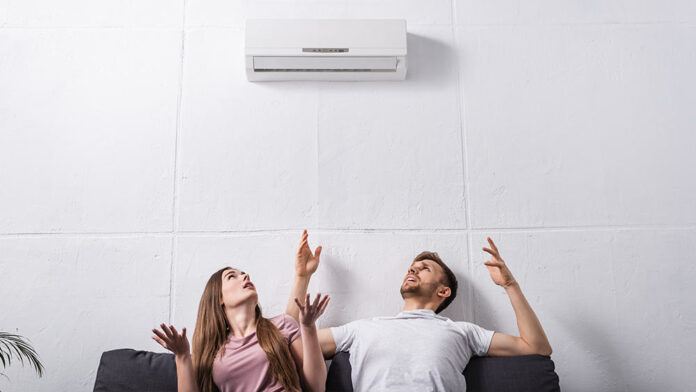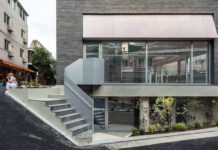The sweltering summer heat can ruin your day if you have a malfunctioning AC. Well, most of the time, you would blame it on dirty air filters. These filters habitually get clogged with debris and dirt, which deprives the system of its functional powers. However, what if you have already changed the air filters and the problem continues to haunt you?
Several other aspects also affect the performance of your AC. In this article, we will discuss why your AC might not be cooling the interiors adequately even after changing the filters. You might have a damaged condenser, a refrigerant leak, or need thorough maintenance for the overall mechanical system. Click here to know more about the possible technical glitches. HVAC experts like Hurliman can help you in sorting these issues.
What to do when your AC fails to cool the interior?
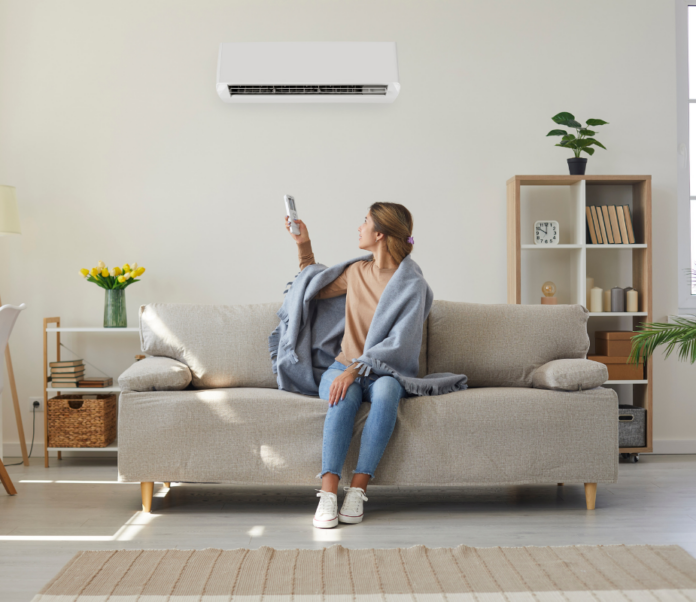
First and foremost, you need to inspect whether you have any airflow from the AC at all. Take care that the vents have nothing obstructing them. For instance, some furniture or curtains might block the airflow. Make sure to move them aside so that your AC can freely blow the air.
Now, if you find that the system is not cooling the interiors adequately, replace the air filters. In general, experts recommend getting new air filters every three to four months. However, the cooling issue might continue even after replacing the filters. In these situations, the HVAC experts would inspect other aspects that might trigger the issue.
Reasons why your AC might not be cooling the rooms
Apart from clogged air filters, here are some other aspects that might lead to inadequate cooling in your rooms.
1. Lack of enough power
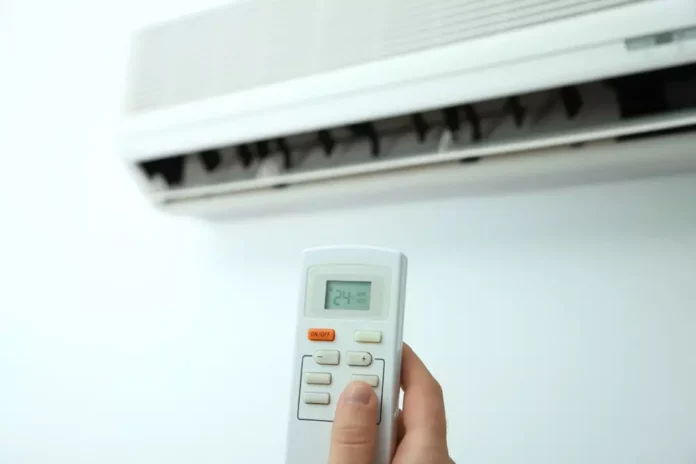
ACs need a substantial amount of energy to operate. In case this flow of electricity encounters some kind of obstruction, the system might not work properly. For instance, a damaged circuit breaker or fuse might be the culprit. In case the breaker trips, the AC would not cool the room. Also, someone might have accidentally plugged the system off while cleaning the room.
So, you need to inspect the cord and outlet of your AC. In case there’s nothing wrong with these components, the electrical panel might be faulty. The fuse can also blow as a result of high voltage requirements.
2. Dirty condenser
Well, you might be taking care of the indoor unit of your AC. What about the external unit of the system? If the AC fails to blow cold air, you might have a clogged condenser. So, the system would have to work harder in order to pull air.
The good news is that you need not hire a technician if the condenser is dirty. However, if you are not tech-savvy, you might end up damaging some parts. You need a microfiber cloth, water, and mild soap to clean the condenser. Simply wipe the dirt away from the component. It would be wise to get a weatherproof cover to avoid this situation.
3. Leaking refrigerant
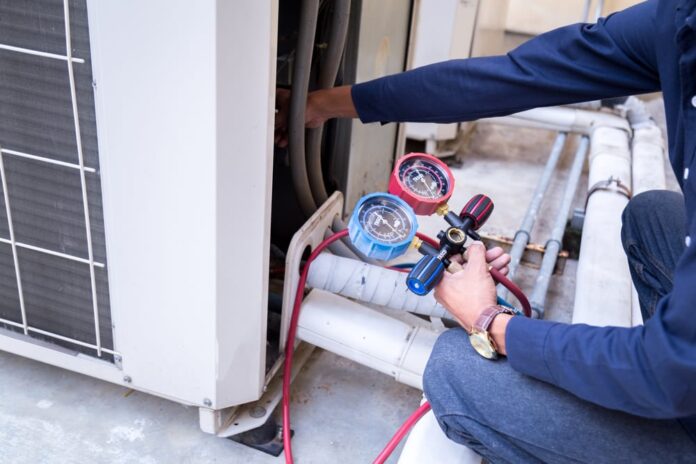
The refrigerant in your AC lies between the outdoor and indoor units. This happens to be a key element that ensures the proper functioning of the system. The AC won’t function if the issue lies with the refrigerant.
Now, you need not replace the refrigerant since it never runs out. However, a leaking refrigerant calls for professional attention. If the unit has a frosty build-up inside it, or you hear a hissing sound, you might have a refrigerant leak.
4. Wrong setting in thermostat
A simple issue like a wrong thermostat setting might lead to cooling issues in your room. With many family members adjusting the temperature, you might have the wrong setting on the thermostat. Check the thermostat and fix it to the desired temperature. Also, ensure that it has enough battery and that you have plugged the thermostat in.
Ideally, you should set the thermostat around 68 degrees Fahrenheit to maintain comfortable indoor temperatures. If you have a central AC, put it on the ‘Auto’ mode. This would help you maintain the right temperatures indoors. The room won’t cool if you put it on the ‘Fan’ or ‘On’ modes.
5. Clogged drain
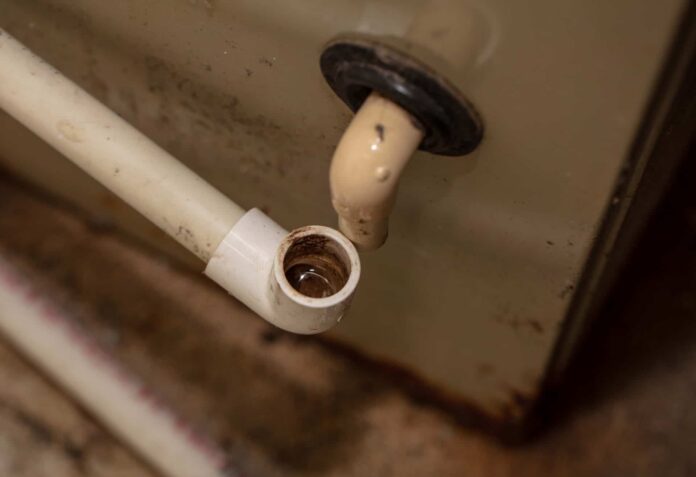
Apart from cooling your interiors, one prime function of your AC is maintaining the right moisture level. In the process, it uses a pipe or hose to drain the water out. However, you might have a clog in this outlet. The growth of algae might also create a blockage in the drain. If this happens, the system is likely to shut down completely. Failure to detect the problem can damage your AC as well.
6. Excessive load on your AC
All HVAC units come with a limit that the manufacturers configure. This implies that your AC won’t be competing with the environmental temperature. So, if the summer is too hot and the humidity level is very high, the system would struggle to cool your interiors.
However, you need not get a new AC to cope with this issue. It simply means that the current temperature is too hot for the AC to handle. Try closing all the outlets of your house like doors and windows. With a closed environment with thick curtains, you will be able to preserve the cold air indoors for longer periods.
Endnote
There can be various reasons for your AC not cooling enough. However, not all reasons would require you to seek professional help. For instance, if the problem arises due to unusually hot summers, a dirty condenser, a wrong thermostat setting, or a technical glitch in the electrical panel, you can fix it yourself. However, If there is a clogged drain, refrigerant leak, or any other technical issue, you need to reach out to electricians denver. Timely attention from the experts would prevent further damage to your AC.

